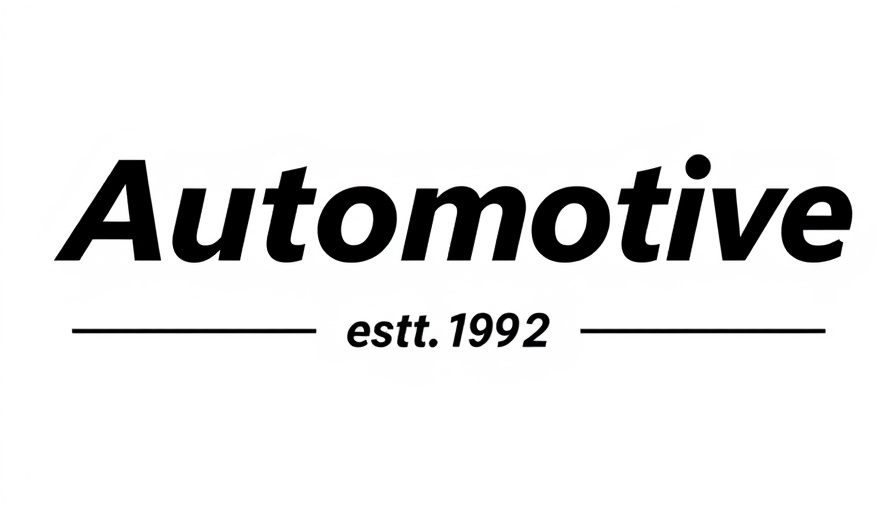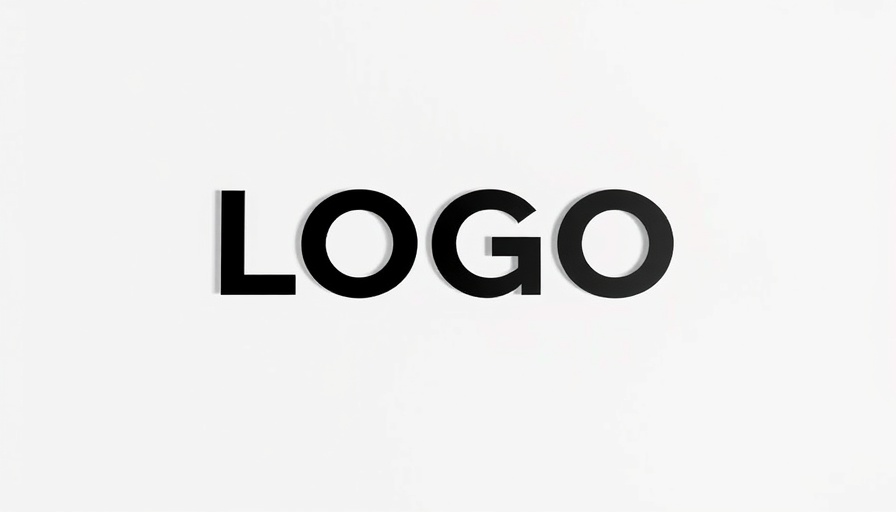
Identifying and Overcoming Toxic Behaviors in Dealership Management
In the high-paced world of car sales and dealership management, effective leadership is crucial. However, toxic behaviors often undermine success, harm team dynamics, and degrade customer satisfaction. Recognizing and addressing these behaviors can lead to an empowered team and enhanced operational efficiency.
The 12 Toxic Behaviors to Eliminate
The following toxic behaviors can significantly hinder a dealership's growth:
- Rushing Around: This frantic pace can create a chaotic environment, leading to poor decision-making.
- Gossiping: Spreading rumors erodes trust and can damage relationships within the team.
- Tolerating Jerks: Allowing high performers who act unprofessionally to remain can demoralize other team members.
- Averting Poor Performance: Addressing poor performance directly is essential for maintaining high standards.
- Making Self-Serving Decisions: Prioritizing personal gain over team success alienates colleagues.
- Avoiding Difficult Conversations: Difficult discussions are necessary to resolve issues effectively.
- Granting Special Privileges: This can foster resentment and create perceptions of inequality.
- Ignoring Morale: A positive work environment boosts productivity and customer interactions.
- Underpreparing Staff: Ensuring staff are ready for challenges is vital for their success and retention.
- Pushing Too Hard: Excessive pressure can lead to burnout and high turnover rates.
- Overmanaging: Micromanagement stifles creativity and ownership among team members.
- Making Promises You Can’t Keep: This destroys credibility with clients and team members.
How to Conduct a Self-Audit
Encouraging leaders to reflect is vital. A self-audit can help identify toxic behaviors impacting others:
- Seek Feedback: Ask trusted colleagues for their perspectives to uncover blind spots.
- Notice Patterns: Pay attention to consistent reactions from team members to pinpoint areas needing improvement.
- Conduct a Gut Check: Reflect on discomforting situations that may reveal your toxic tendencies.
Set Strategies for Improvement
By identifying and addressing one toxic behavior, leaders can make substantial progress. For instance, if you identify a tendency to gossip, you might set a personal goal to redirect conversations towards constructive feedback. Implementing even small changes can lead to significant improvements in team culture.
Conclusion: Create a Positive Culture for Success
By focusing on eliminating toxic behaviors, dealership leaders can truly enhance operational efficiency and customer satisfaction. Create an atmosphere that values respect and collaboration to drive results. To further improve your dealership's leadership approach, take a hard look at your behavior—after all, change begins at the top.
 Add Row
Add Row  Add
Add 

 Add Row
Add Row  Add Element
Add Element 




Write A Comment